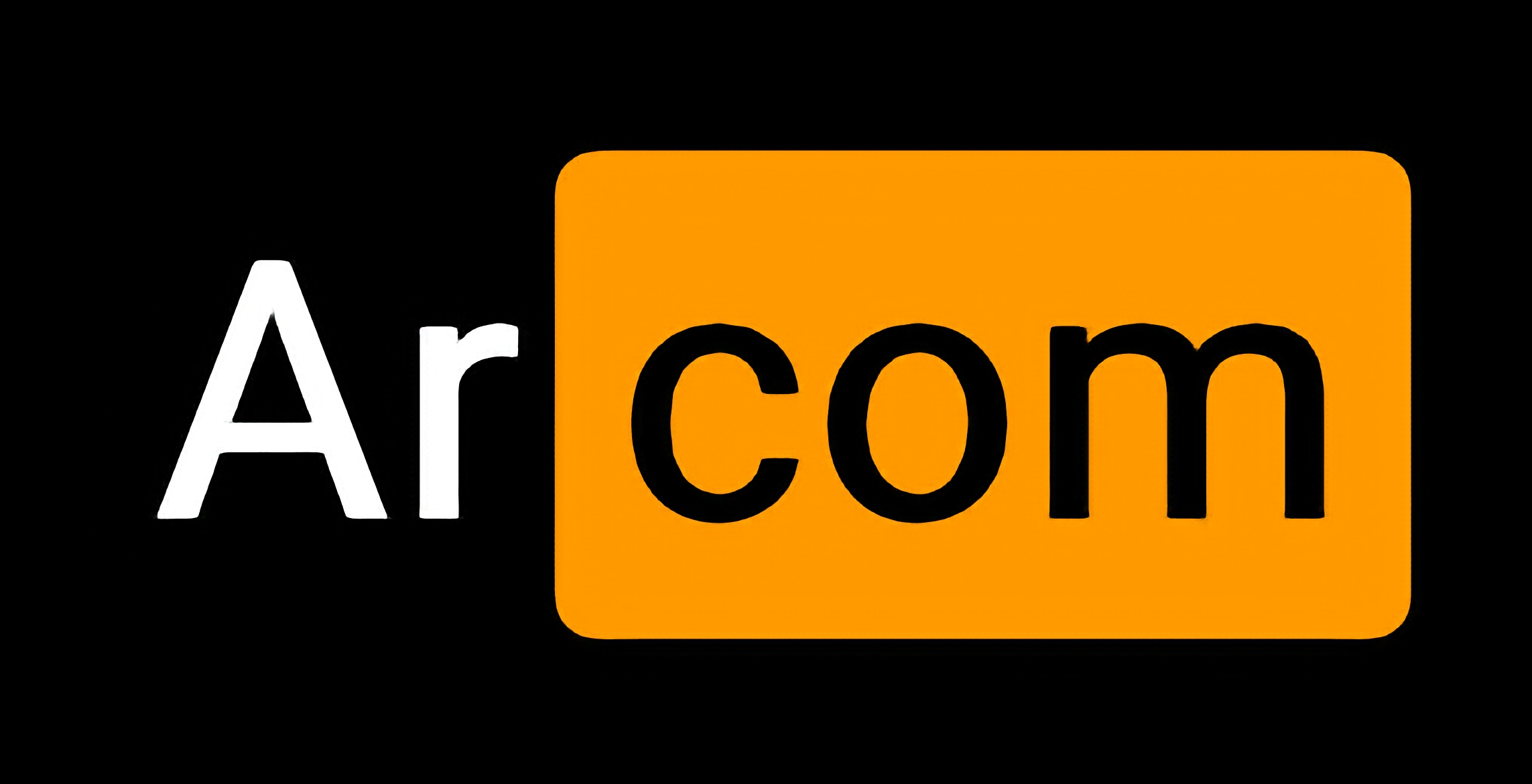 With millions of monthly users, BitTorrent’s reign at the top of the file-sharing seemed unstoppable in 2007, but the French government had other plans.
With millions of monthly users, BitTorrent’s reign at the top of the file-sharing seemed unstoppable in 2007, but the French government had other plans.
Presented to the Senate in June 2008, what would later become France’s Hadopi law envisioned a crackdown on peer-to-peer file-sharing via a ‘graduated response’ mechanism, with around eight million local BitTorrent users the primary targets. The Hadopi agency created to administer the new law was initially kept busy but in the background, file-hosting and video streaming platforms were providing a taste of things to come.
By 2011,
once-dominant
BitTorrent indexing sites found themselves suddenly
outnumbered
by ‘one-click’ hosting and similar sites including 4shared, Megaupload, Mediafire, Rapidshare and Hotfile. As the threat grew, rightsholders deployed the pejorative term ‘cyberlocker’ to describe ‘rogue’ file-hosting services, while BitTorrent-focused anti-piracy outfits found their peer-to-peer monitoring tools somewhat less relevant.
The inherent technical genius of the BitTorrent protocol means it continues today, silently moving around large files to millions of users. At the same time, the way internet users consume content has been transformed. Three years after BitTorrent traffic
hit an all-time low
in 2015, pirate streaming platform Openload was generating more traffic than Hulu and HBO Go.
Meanwhile, dedicated pirate IPTV services were hitting the mainstream, shifting the market once again and leaving Hadopi and successor Arcom with a decreasing pool of pirates they could monitor directly. Consisting mostly of those still using BitTorrent, the pool excluded users of streaming sites, illegal IPTV providers, file-hosting platforms, and VPN services.
Arcom Credited for BitTorrent Slump
In official documents published as part of the French 2024 budget bill, Arcom’s twin role as both audiovisual/telecoms regulator and anti-piracy agency accompanies accounts of recent achievements and those attributable to the infamous “graduated response” program.
“The graduated response, for its part, makes it possible to fight against illicit practices on a peer-to-peer basis,” reports Clair Landais, the government’s secretary general with responsibility for the protection of rights and freedoms.
“If, in 2010, more than 8 million Internet users used peer-to-peer for criminal purposes, the efforts of Hadopi and now Arcom to put an end to these practices have made it possible to reduce them by almost by 75%. In 2022, 2 million Internet users have illicitly consumed peer-to-peer content, or 22% of Internet users engaging in illicit practices.”
While the history books provide much-needed nuance, Hadopi and now Arcom’s efforts to reduce piracy go beyond enforcement. The regulator aims to educate the public on the importance of supporting legal services while encouraging the availability of those platforms in the marketplace.
“Building on these encouraging results, due to the constant progression of the legal offer, in particular subscription video on demand (VOD) services and music streaming offers, combined with the anti-piracy policy led by the public authorities and rights holders, the latter adjust their actions in the fight against peer-to-peer,” Landais notes.
This version of events suggests the massive reduction in BitTorrent piracy led to the creation of legal video platforms. In reality, the availability of attractive legal content also played a key role in the reduction of piracy rates and continues to do so.
Arcom’s Piracy Blocking Program
Referrals to the ‘graduated response’ scheme have been trending down since 2016, with an 11% decline in 2022 alone. The report predicts the trend will continue, with another 10% reduction in 2023 followed by a modest 5% annual reduction from 2024.
The earlier highlighted shifts in consumption leave Arcom with plenty of work to do. The threat posed by illicit IPTV services means the fight against live sports piracy is a priority, along with Arcom’s site blocking work and its ongoing game of cat-and-mouse with domain-hopping mirror sites.
According to Arcom data, during the whole of 2022 the regulator received 85 referrals from four sports rights holders (two publishers of audiovisual programs and two sports leagues), covering ten sports competitions, which led to the subsequent blocking of 767 domain names by local ISPs. That was merely a warm-up.
“During the period January-July 2023, the use of this system increased. Arcom thus received 85 referrals— but in only seven months – from the same four sports rights holders (two publishers of audiovisual programs and two sports leagues), covering ten sports competitions, for a total of 1,318 domain names effectively blocked by ISPs,” the report continues.
“Given the effectiveness of the system and its high use by rights holders, a maintenance, or even an increase in the number of blocked domain names, would bring the total to around 700 number of domain names blocked for the last quarter — approximately 2,000 domain names blocked for the whole of 2023,” the report predicts.
Arcom says that on average the processing time for sports rightsholders’ referrals is currently 3 to 5 days, but that may decrease beginning in autumn 2023 and more widely in 2024, following the effective implementation of automation tools.
Tackling Mirror Sites
So-called mirror sites (blocked platforms that subsequently reappear online) are handled under Article L. 331-27 of the Intellectual Property Code introduced in October 2022. During the last quarter of 2022, Arcom received 22 referrals from four rights holders, covering 45 domain names.
Between January and July 2023, Arcom received 32 referrals from three rights holders, covering a total of 182 domain names. The administrative rules for blocking mirror sites are more complex, generating a two-month delay before they can be reported to Arcom.
The regulator says it usually processes files in eight or nine days but since blocking of IPTV services requires advanced verification, some requests may take longer to handle. Overall, current mirror site processing time is approximately 14 days.
“This is the reason why the average time for notification of blocking measures for sites illicitly broadcasting sporting events and competitions or mirror sites was set, provisionally, at 10 days for 2023 with an overall trend towards a reduction in this deadline over the period 2024-2026 with a target of 7 days,” the report concludes.
The full report, first reported by
NextInpact
, is available
here
(French, pdf)
From:
TF
, for the latest news on copyright battles, piracy and more.
chevron_right














